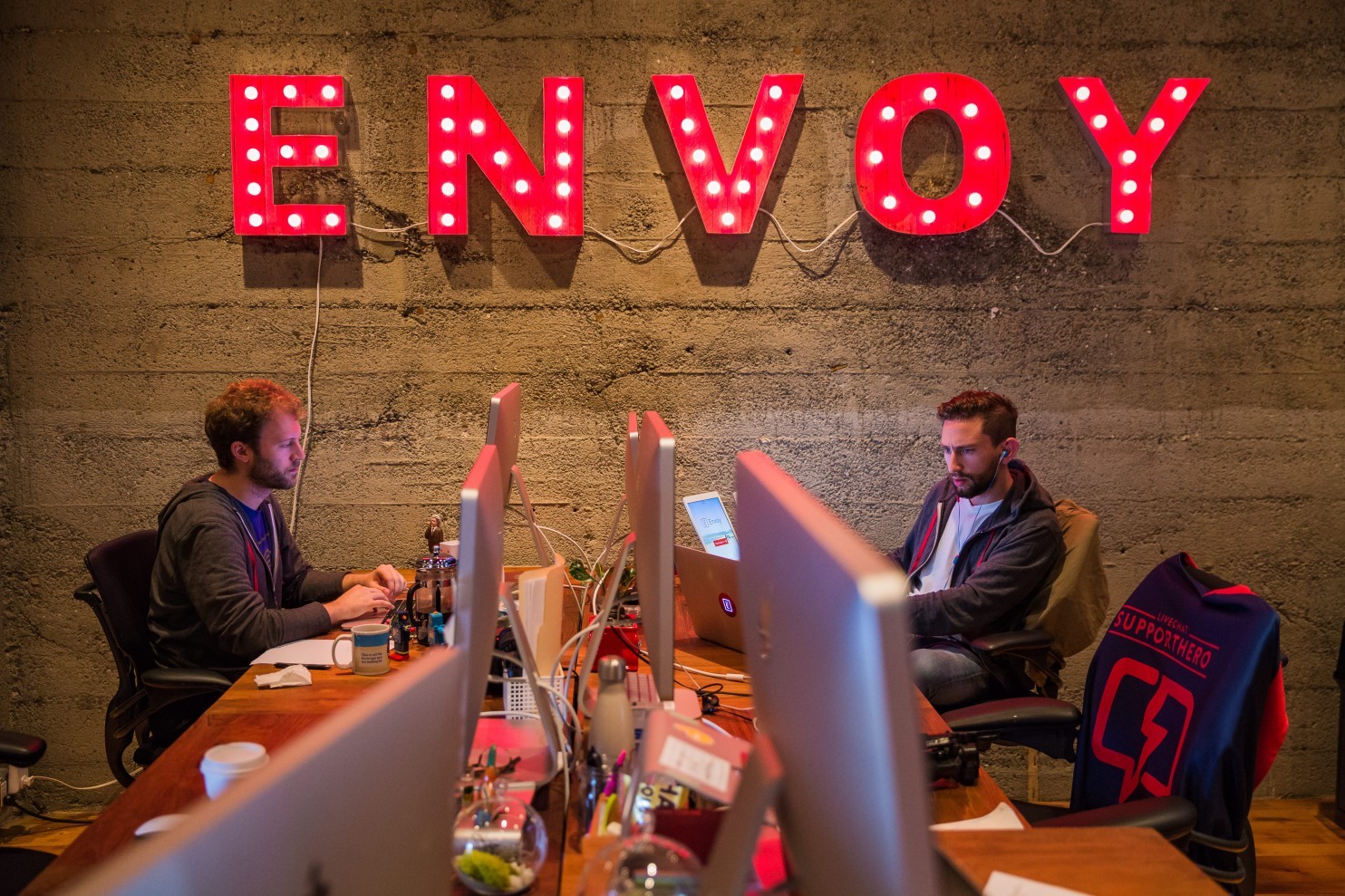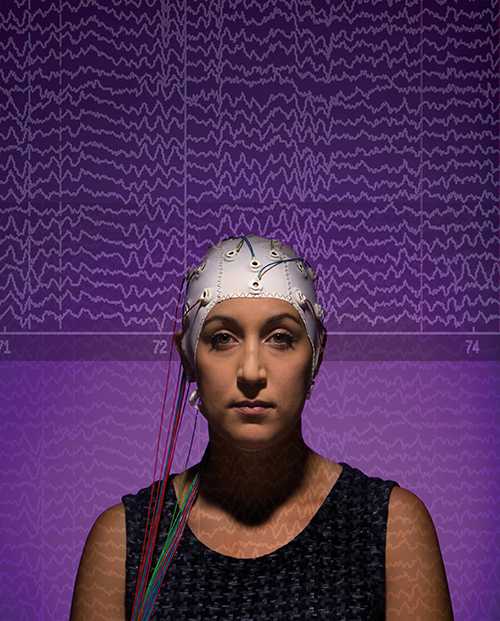I came across this excellent article while browsing Hacker News. Putting it here so I can find it later if/when I need it.
Sysadmins, we need to talk. I know the struggle – I’ve been a systems administrator for 15 years. You have too few resources, too small a budget, and no respect. I get it. I do. Your users click links they shouldn’t, download things without forethought, and go to websites that you would firebomb from afar if you had your way. I understand that ransomware is a fast-changing, ever evolving beast that is mitigating your defenses as quickly as you’re mitigating its attacks. Its impossible to stop every attack. I get that. However, I’d like to pose question to you, and I ask this with as little snark as I can muster: Is that really an excuse? Can we really throw up our hands because “its hard,” and not even attempt good, basic security measures?
Admins, lend me your ears. With good, basic, and built-in tools, you can defend against ransomware. With just a few hours of configuration (at most!), you can stop this madness. Let’s talk turkey.
Source: Systems Admins: We Need To Talk. – Offensive Tech




